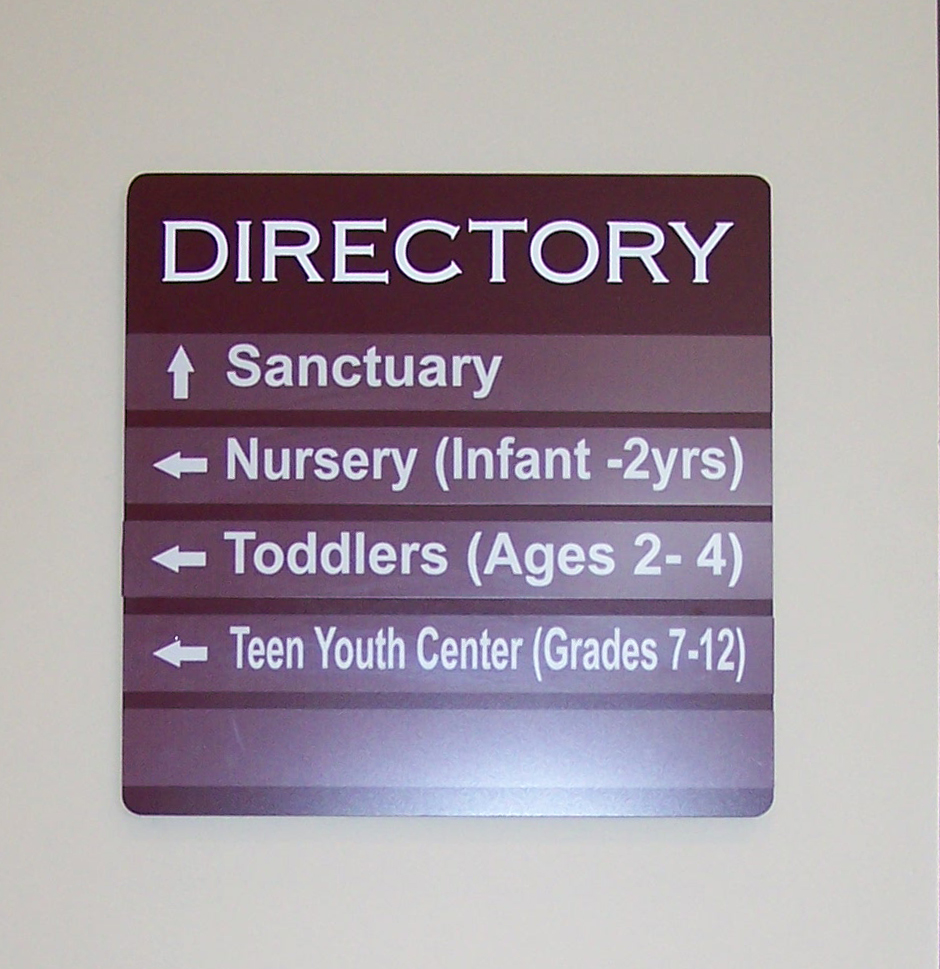Greg Atkinson is one of those guests who give churches the chills.
Whenever he visits a congregation for the first time, he loiters around the parking lots and restrooms, sizes up ushers and security and lurks around the nursery and children’s Sunday school spaces. If he can get away with it, he will secretly photograph the kids, too.
In some cases he’s been followed around and even detained by concerned church members. One time he was threatened with a Taser and nearly arrested.
And for all of that and more, Atkinson is well paid by the church and usually praised by its ministers.
“The churches I work with, especially the larger churches, really love it,” he said.
The former Southern Baptist pastor is a secret shopper — or secret worshiper — who is hired to scrutinize every component of a Sunday morning experience that can positively or negatively influence a first-time guest’s decision to return.
During a Aug. 31 FaithSoaring Churches conference call, Atkinson said he examines a congregation’s online footprint, from the clarity and usefulness of its web site to its social media presence. Many potential visitors never arrive if they were turned off by something online.
On a Sunday mornings he zeroes in on the parking lot experience, from space availability to friendliness and competence of the attendants.
He notes how well signage and greeters direct him to guest services, restrooms, children’s check in and the auditorium. He checks to see if children’s classrooms are safe and he tests security elsewhere in the building.
“People want to feel secure,” Atkinson said during the call hosted by The Columbia Partnership.
The professional secret visitor said he also takes notes on the sermon and the overall worship service.
In his reports, he provides praise for things that work and constructive criticism, with proposed solutions, for things that don’t.
He recalled a Baptist church where the scripture wasn’t being projected on the screen. The pastor later explained it was to encourage members to bring their Bibles.
He told the minister that most newcomers, especially if they are first-time church goers or returning after years away, don’t arrive with Bibles.
“Never assume anything,” he said. “It’s always someone’s first time.”
‘Those four words are key’
 Atkinson said he and some churches are criticized for placing too much emphasis on welcoming ministries and making good first impressions on guests.
Atkinson said he and some churches are criticized for placing too much emphasis on welcoming ministries and making good first impressions on guests.
But that focus has a firm grounding in scripture because the Bible emphasizes welcoming the stranger and making disciples.
“It’s thoroughly biblical,” Atkinson said. “God takes that very seriously.”
In order for churches to make disciples, guests have to return after their first visits, he added.
That’s why it matters so much that ushers do more than just open doors for people or provide bulletins, he said. Long lines to drop off children should be prevented and security should be visible, coordinated and competent.
These and other practices communicate that the church cares about their guests, he said.
“Never assume anything. It’s always someone’s first time.”
It’s critical because most churches have at least one visitor on any given Sunday. And most of them form their impressions about a church in the first 10 minutes.
“The majority of churches don’t get this.”
Most of his clients do get it, however, and are eager to learn as much as they can from his objective observations. Usually, either the lead or executive pastors alone know he is on campus on a Sunday morning, sometimes both.
“It’s totally secret” and that has led to run-ins with church security and other members suspicious of his activities.
Atkinson said he has written a book, due out this fall, titled Secrets of a Secret Shopper. It offers practical hints for the smaller churches that cannot afford to hire him.
One of those tips is to use the question “may I help you?” with anyone who looks lost or suspicious.
If a visitor is up to no good, it will usually deter them. If they are confused about where to go or what to do next, it provides an opportunity to be welcoming.
“Those four words are key,” he said.



